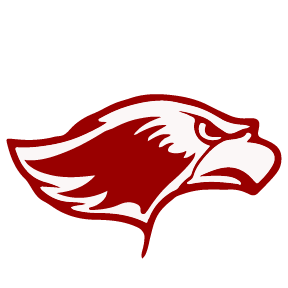Speech/Language Pathology
According to data collected by researchers from the Centers for Disease Control and Prevention’s National Center and reported in 2012, one in 12 children ages 3-17 has had a disorder related to voice, speech, language, or swallowing within a period of 12 months. More than half of them receive intervention.
Shawano School District has on staff 6 full-time speech/language pathologists. To practice as a speech/language pathologist, a master’s degree from a program accredited by the Council on Academic Accreditation is required. A minimum of 400 hours of supervised clinical experience and a passing score on the Praxis exam is required prior to receiving their master’s degree. During the course of their first year on the ‘job’, they need to complete a year of supervised practice known as the Clinical Fellowship Year. Once this is completed they are awarded the Certificate of Clinical Competence also known as CCC’s.
Below are the major functions of the speech/language pathologist employed in an educational environment:
Attends meetings, such as faculty meetings, special education meetings, parent-teacher conferences.
Serves on school and district committees.
Collaborates with school personnel to best meet the needs of all students.
Maintains records-data for program planning and decision making for students, submits reports, maintains confidentiality, completes reports for third party reimbursement.
Adheres to established rules, regulations, laws, and appropriate ethical standards.
Conducts speech and language screenings.
Administers formal and informal (on-going and curriculum based) assessments, analyzes and interprets information to make recommendations regarding the need for speech/language services.
Presents and explains data to the Individualized Education Program Team (IEP), develop/write the IEP, schedules yearly IEP meetings.
Presents information to school personnel and parents about speech disorders.
Supervises undergraduate interns.
Plans and implements services to individual students and groups of students, chooses therapy materials to meet the needs, age, cultural differences and interests of individual students.
Modifies therapeutic instructional approaches from data gathered during therapy.
Uses a variety of equipment, materials, devices, and aids.
Engages in continuing education and professional growth activities related to speech/language and education.
Speech/language pathologists work with a variety of students including but not limited to the following:
Infants with feeding/swallowing difficulties
Toddlers with delayed language development
Preschoolers and school age children with articulation and phonological disorders, language delays, delayed pragmatic language skills
Children with Autism
Children with Traumatic Brain Injury
Children with Cleft Palate
Children with Down Syndrome
Children with language processing disorders
Individuals with stuttering
Individuals with voice disorders
Hearing impaired individuals
Individuals who have a stroke, neurological disorders that affects speech, language, cognition, or swallowing
AREAS OF ASSESSMENT
A student who is referred for a suspected disability must meet initial eligibility in at least one of the four areas assessed by a school-based speech/language pathologist.
